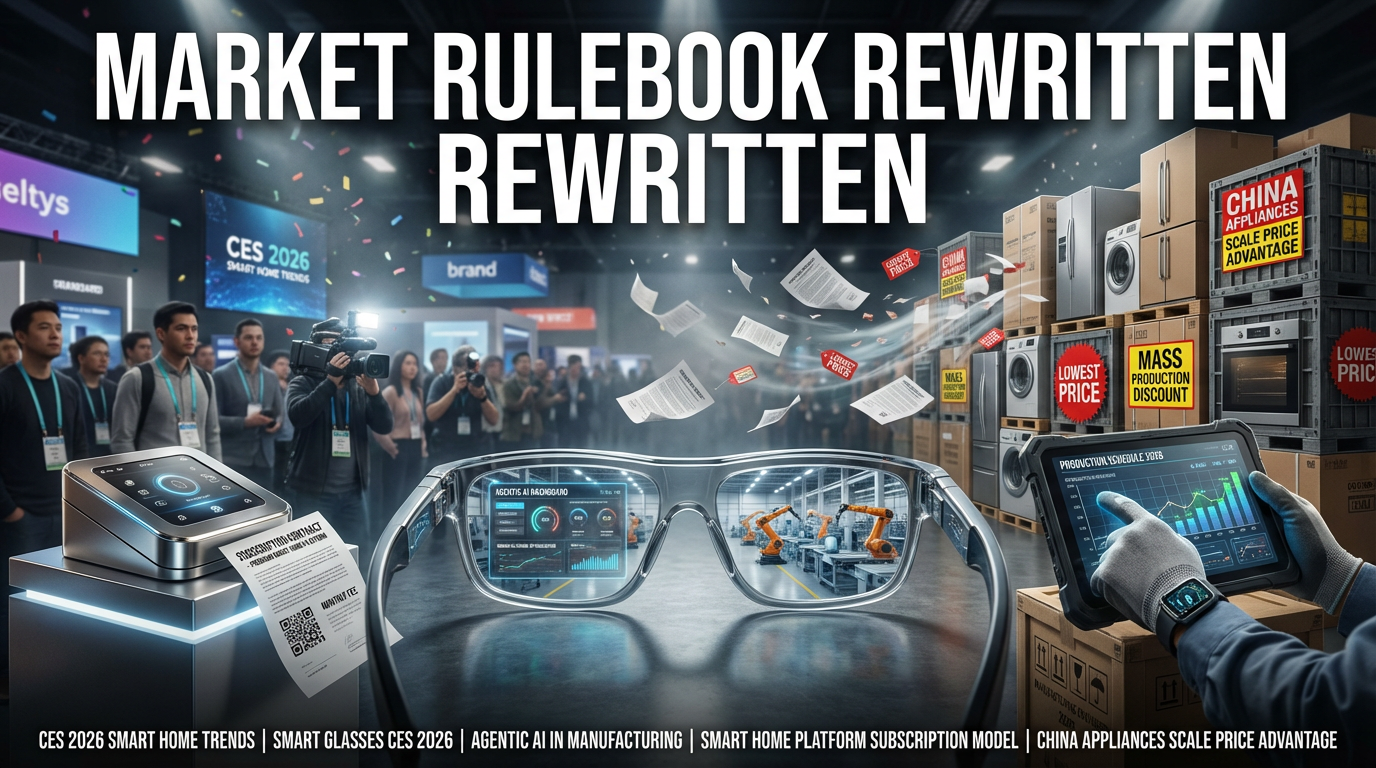Intelligent Logistics Systems: How AI and Robots Are Revolutionizing Supply Chain Management
Background: MIT’s Intelligent Logistics Systems Lab and Mecalux Partnership
The MIT Center for Transportation & Logistics (CTL) has launched the Intelligent Logistics Systems (ILS) Lab in collaboration with Mecalux, a global leader in warehouse management solutions. This five-year research partnership aims to foster innovation in supply chain management by utilizing artificial intelligence (AI) and robotics to create smarter, more efficient logistics solutions. Mecalux brings its industry expertise and cutting-edge technologies to this initiative, while MIT contributes its academic research capabilities.
The collaboration stems from the mutual interest in using AI and machine learning (ML) not as mere buzzwords, but as tools to solve real-world logistics challenges like warehouse automation and inventory management optimization. By combining practical applications with theoretical advancements, the partnership aspires to reimagine the logistics landscape.
Key Research Areas and Goals
1. Warehouse Robotics Innovation
- Focus: Develop next-generation autonomous mobile robots (AMRs) capable of navigating warehouses intelligently.
- Objective: Enhance robot-human collaboration, minimize disruptions, and improve operational efficiency.
- Challenges:
- Existing robots are hindered by pre-programmed rules, which can limit adaptability. For example, a robot may halt entirely when obstructed by a human, reducing productivity.
- The goal now is to implement ML models that enable robots to adapt dynamically, making navigation smoother and decision-making smarter.
2. Distributed Network Optimization
- Focus: Use AI-driven software to optimize distributed order management and inventory placement across global supply chains.
- Objective: Help retailers make informed decisions about where to fulfill online orders, manage inventory, and prioritize shipping based on demand and network efficiency.
- Anticipated Benefits:
- Cost Savings: Reduce unnecessary transportation and logistics waste.
- Environmental Impact: Lower carbon emissions through smarter resource allocation.
- Operational Efficiency: Improve delivery times and inventory control.
3. AI Application Development
- First Step: Mimicking existing systems using machine learning algorithms to establish baseline comparisons.
- Second Step: Using reinforcement learning and other advanced ML methodologies to surpass the baseline and optimize logistics systems.
Real-World Applications and Challenges
Integrating Advanced Technology
- Mecalux plans to integrate AI findings into its business solutions, including:
- Smarter AMRs with improved reinforcement learning.
- Advanced warehouse management systems to optimize operations seamlessly.
Overcoming Resistance
- Many logistics companies remain hesitant to adopt AI due to the risks of disrupting existing workflows and high initial investment costs.
- Trust remains a central challenge, given that ML models often behave unintuitively (e.g., lacking traditional “if-then” programming structures). To address this, the ILS Lab will develop detailed simulation testbeds and pilot projects to gradually build confidence.
Practical Implementation
- Mecalux successfully automated IKEA’s warehouse without disrupting operations, demonstrating its ability to implement large-scale automated solutions. Similarly, this partnership employs step-by-step testing to ensure seamless adoption for other clients.
Contribution to Future Logistics
Goals for the Partnership
Over five years, the ILS Lab aims to:
- Create practical AI-empowered solutions that redefine logistics efficiency.
- Trailblaze the industry by encouraging more companies to invest in AI research.
- Explore sustainability by reducing waste and emissions.
Broader Vision
Technologies developed through this partnership will:
- Address labor shortages by expanding automation in warehouses.
- Democratize access to advanced logistics tools for businesses of all sizes.
- Meet the growing demands for speed, accuracy, and customization in the e-commerce era.
< Summary >
The partnership between MIT’s Intelligent Logistics Systems Lab and warehouse leader Mecalux explores AI-powered innovations in warehouse automation and supply chain networks. With a five-year plan, the research focuses on developing smarter robots for real-time warehouse navigation and enhancing distributed order management systems. Despite challenges like industry resistance and trust in black-box ML models, the collaboration aims to push industry boundaries, improve operational efficiency, and pioneer sustainable logistics solutions.
< 핵심내용 요약 in Korean >
MIT의 Intelligent Logistics Systems Lab과 Mecalux의 파트너십은 AI 기술을 활용하여 창고 자동화 및 공급망 관리를 혁신하는 데 초점을 맞추고 있습니다. 5년간의 계획에서 연구는 창고 내 네비게이션을 실시간으로 처리하는 더 똑똑한 로봇 개발과 분산된 주문 관리 시스템 개선을 목표로 하고 있습니다. 산업 저항 및 AI 모델 신뢰성 문제와 같은 도전에도 불구하고, 이 협력은 업계 한계를 확장하고 운영 효율성을 높이며 지속 가능한 물류 솔루션을 개척하고자 합니다.
- Crafted by Billy Yang
- [관련글 at nextgeninsight.net/]
CPI: Market Reaction – Price Stability Signal - Smarter Warehouses – AI and Robotics at the Forefront of Logistics Innovation



